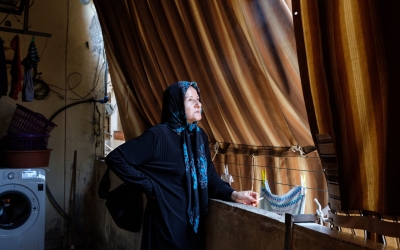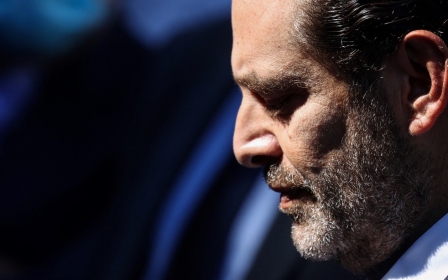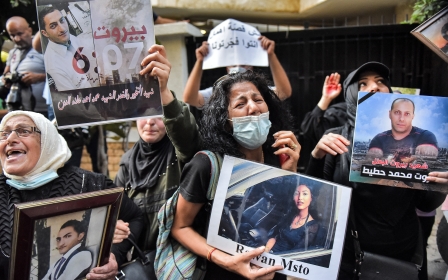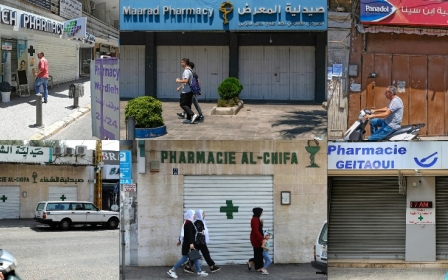Hariri resigns: What next for Lebanon?
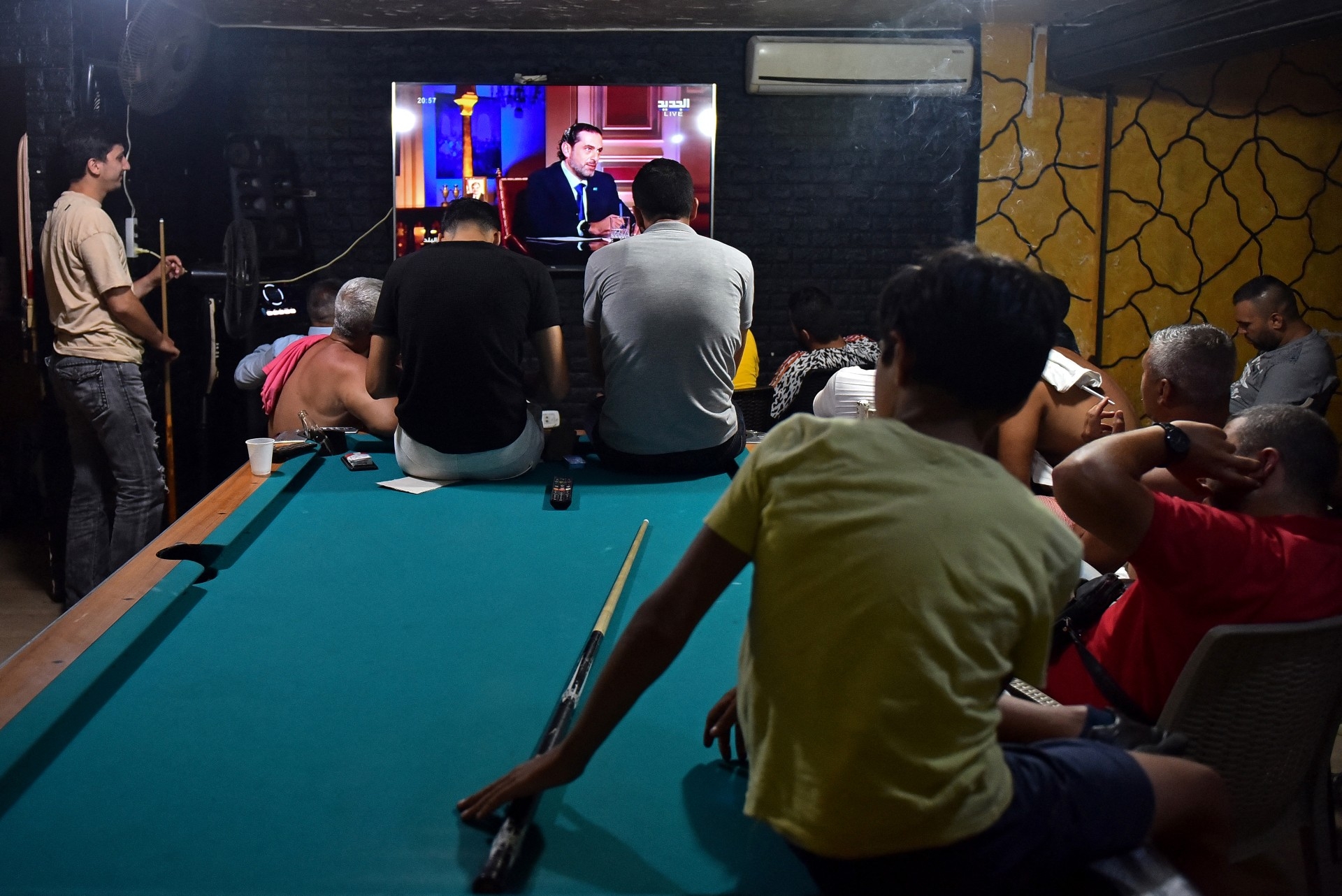
Lebanon's Saad Hariri gave up his attempts to form a government on Thursday, after a crippling nine-month political deadlock between himself and President Michel Aoun.
Attempts to come to an agreement appeared to be a recipe for disaster from day one.
Hariri, the scion of a political dynasty, and prime minister from 2009 to 2011 and 2016 to 2020, insisted his proposed government line-up was downsized and technocratic, one that could implement the reforms needed to unlock billions in international economic aid.
However, Aoun, a former military general and key ally of Hezbollah, argued Hariri’s line-up is not consistent with the country’s sensitive, sectarian power-sharing system, and ignores his concerns about proportional representation for Christians and his own Free Patriotic Movement.
Not even diplomatic pressure and the threat of French and EU sanctions could break the logjam, despite Lebanon being without a government since Hassan Diab resigned following the Beirut port explosion last August.
New MEE newsletter: Jerusalem Dispatch
Sign up to get the latest insights and analysis on Israel-Palestine, alongside Turkey Unpacked and other MEE newsletters
Meanwhile, Lebanon’s economic crisis continues to spiral.
What next?
Lebanon’s rulers now head back to the drawing board for the second time in almost a year, to find a new prime minister-designate.
Under the sectarian power-sharing system, the prime minister must be a Sunni. Yet there is no candidate from that community with anywhere near the influence or stature of Hariri, and so far no name has been seriously proposed.
Aoun’s office said that the president would schedule new parliamentary consultations “as soon as possible”, though no date has been specified.
After a new prime minister-designate is appointed, he would present a proposed cabinet line-up to the president, ideally leading to discussions, some compromise, and - sooner or later – a government.
But that point of the process regularly results in political dispute and paralysis, as leaders quarrel over the sectarian and political allocation of ministries.
The type of ministry also matters: some, such as finance and defence, are seen as far more valuable than others, such as culture, or youth and sports.
What’s different this time?
The country’s political leadership is now far more fragmented than it was when Hariri resigned from the premiership during anti-government protests in October 2019. And the situation in the country has deteriorated progressively since then.
The economy is in far worse shape than it was when Hariri was appointed prime minister-designate nine months ago. It now veers on the brink of total collapse. Over half the population lives in poverty, struggling with skyrocketing unemployment and food inflation, worsened by fuel and medicine shortages.
Less than 24 hours after Hariri’s withdrawal, the Lebanese pound’s rate against the dollar spiraled from just under 20,000 to over 23,000 - a new all-time low.
Hariri, meanwhile, said in an interview hours after his resignation that he won’t name any candidates and would not automatically give a new government his vote of confidence, which leaves a huge gap in Lebanon’s power-sharing system.
Hariri’s Future Movement has the largest share of Sunni MPs in the country, and he is the grand mufti’s preferred Sunni leader. Another Sunni candidate without the blessings of the mufti or a large swath of the Sunni community could continue to fan sectarian tensions in Lebanon.
Meanwhile, the United States has issued sanctions against some Lebanese leaders, including Aoun’s son-in-law Gebran Bassil, and France and the EU may well do the same to officials obstructing the formation of a government.
International donors say they will only release the hundreds of millions of dollars in life-saving economic and developmental loans and aid when Lebanon forms a reformist government, seals an economic bailout deal with the International Monetary Fund, and implements structural and economic reforms to end waste and corruption. So far, none of that has been successful.
Finally, the new prime minister would have to face the wrath of a population whose lives have been turned upside down, and who wait anxiously for accountability for decades of rampant corruption – and for the criminal neglect that caused the devastating Beirut port blast.
Lebanon’s political leadership has, for the most part, been extremely quiet since Hariri’s resignation.
Middle East Eye delivers independent and unrivalled coverage and analysis of the Middle East, North Africa and beyond. To learn more about republishing this content and the associated fees, please fill out this form. More about MEE can be found here.


